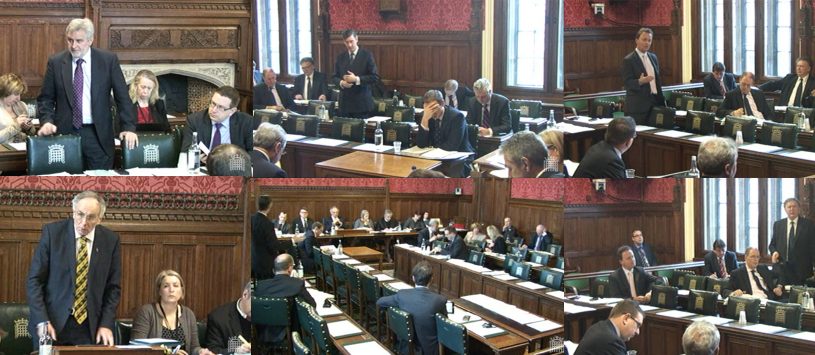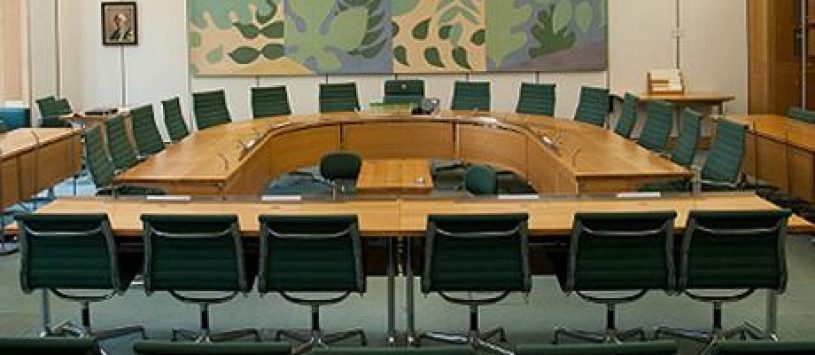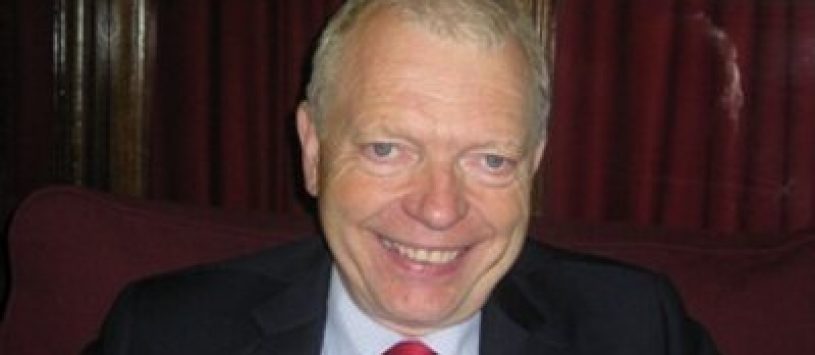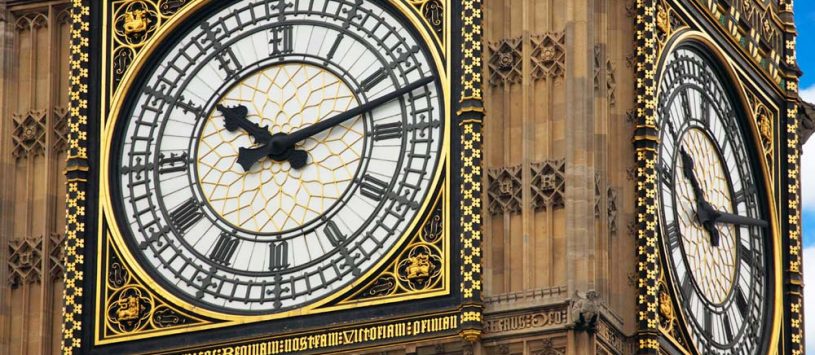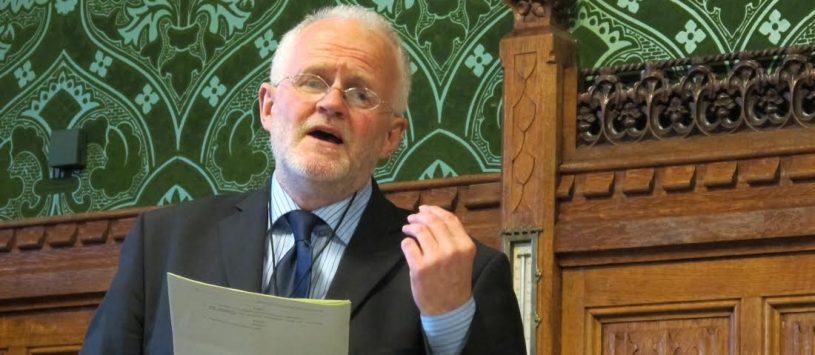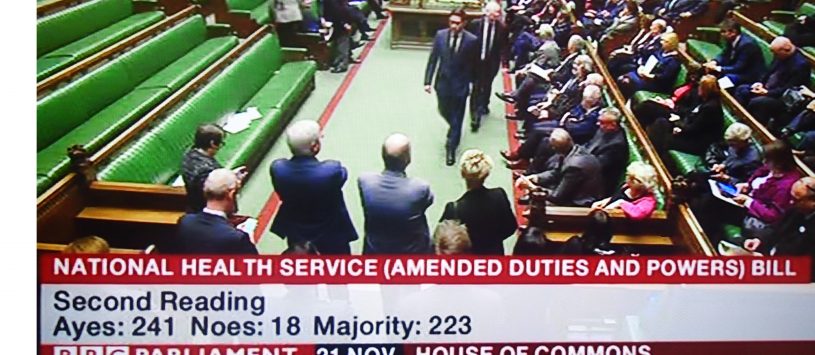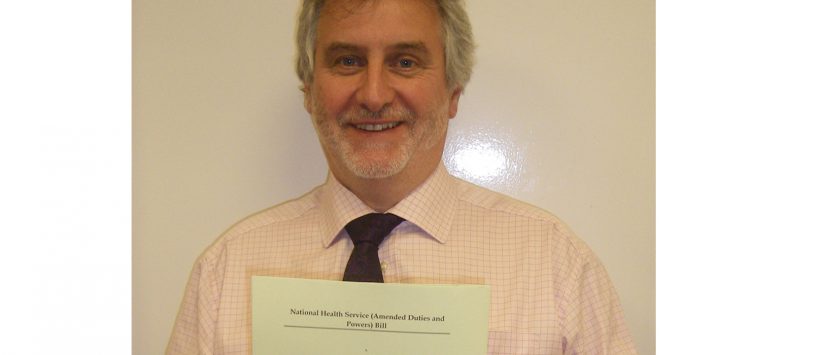Labour’s health manifesto is flawed. With the best of intentions, it misses the point – or rather, doesn’t quite reach it. And it’s all down to understanding what the Secretary of Health MUST provide as well as promote when it comes to health services and the NHS – hence what needs putting right if the NHS is not to continue to wither away.
Page 9 of its Health Manifesto (A Better plan for the NHS, health and care) says they will “restore the Secretary of State’s historic duty to provide a comprehensive health service”, even though the statement does not appear in the actual main Party manifesto.
David Lock, QC – former Labour MP and widely said to be the drafter of the National Health Service (Amended Duties and Powers) Bill presented in 2014 to the House of Commons by Clive Efford MP (the ‘Efford Bill’, filibustered to death in Committee by whipped Tories just before the last Parliament was dissolved) – says in a piece on Clive Efford’s website:
“Since the creation of the NHS in April 1948 the Secretary of State has always had the duty to promote a comprehensive health service but has never had a duty to provide a comprehensive health service”
The thing is, Mr Lock’s statement is actually correct. But it misses the critical point.
In 1946, Parliament formulated a clear framing ministerial duty in section 1 of the founding NHS Act, continued in later Acts, though slightly diluted in 2006. The most recent version – before the Health and Social Care Act 2012 – was in s.1(2) of the NHS Act 2006: to provide or secure the provision of services in accordance with the Act for the purposes of a comprehensive health service that it was also the duty of the Secretary of State to promote. In section 3, the Act gave him or her the specific duty to provide hospital and specialist services throughout England and Wales. This duty was later extended under the Heath government to medical, dental, nursing and ambulance services, and to certain community care services that had previously been placed on local authorities.
Sections 1 and 3 are to be read together: as Lord Woolf said in 2001, the Secretary of State in section 1 “has the duty to continue to promote a comprehensive free health service and he must never, in making a decision under section 3, disregard that duty”.
Why then is Labour saying they will restore a historic duty that never existed?
What needs restoring is the duty to provide or secure the provision of services in accordance with the Act for the purposes of a comprehensive health service that it is also the duty of the Secretary of State to promote; and his or her duty under section 3 to provide hospitals, medical, dental, nursing and ambulance services, and community care services. The NHS Bill would do both. The Efford Bill would do neither.
More information
Our previous news stories on the National Health Service (Amended Duties and Powers) Bill
 Efford Bill Filibustering Blunders On
Efford Bill Filibustering Blunders On
10 February 2015
 Tory MPs filibuster to block Efford Bill
Tory MPs filibuster to block Efford Bill
4th February 2015
 Response of Peter Roderick and Professor Allyson Pollock to Lord Hunt
Response of Peter Roderick and Professor Allyson Pollock to Lord Hunt
26th November 2014
 House of Commons Library briefing amended – no longer any mention of re-establishing or reinstating a legal duty to provide
House of Commons Library briefing amended – no longer any mention of re-establishing or reinstating a legal duty to provide
25th November 2014
 Response to Clive Efford MP’s legal advice on Secretary of State’s ‘duty to provide’
Response to Clive Efford MP’s legal advice on Secretary of State’s ‘duty to provide’
24th November 2014
 A day in the Commons for the Efford Bill – a personal view
A day in the Commons for the Efford Bill – a personal view
22nd November 2014
 Update on Clive Efford NHS Bill
Update on Clive Efford NHS Bill
21st November 2014
 Duty to provide throughout England? Request for correction of House of Commons Library Briefing
Duty to provide throughout England? Request for correction of House of Commons Library Briefing
20th November 2014
 Efford Bill 2nd Reading – Friday 21st November
Efford Bill 2nd Reading – Friday 21st November
20th November 2014
 Response to Clive Efford MP’s Bill
Response to Clive Efford MP’s Bill
19th November 2014

